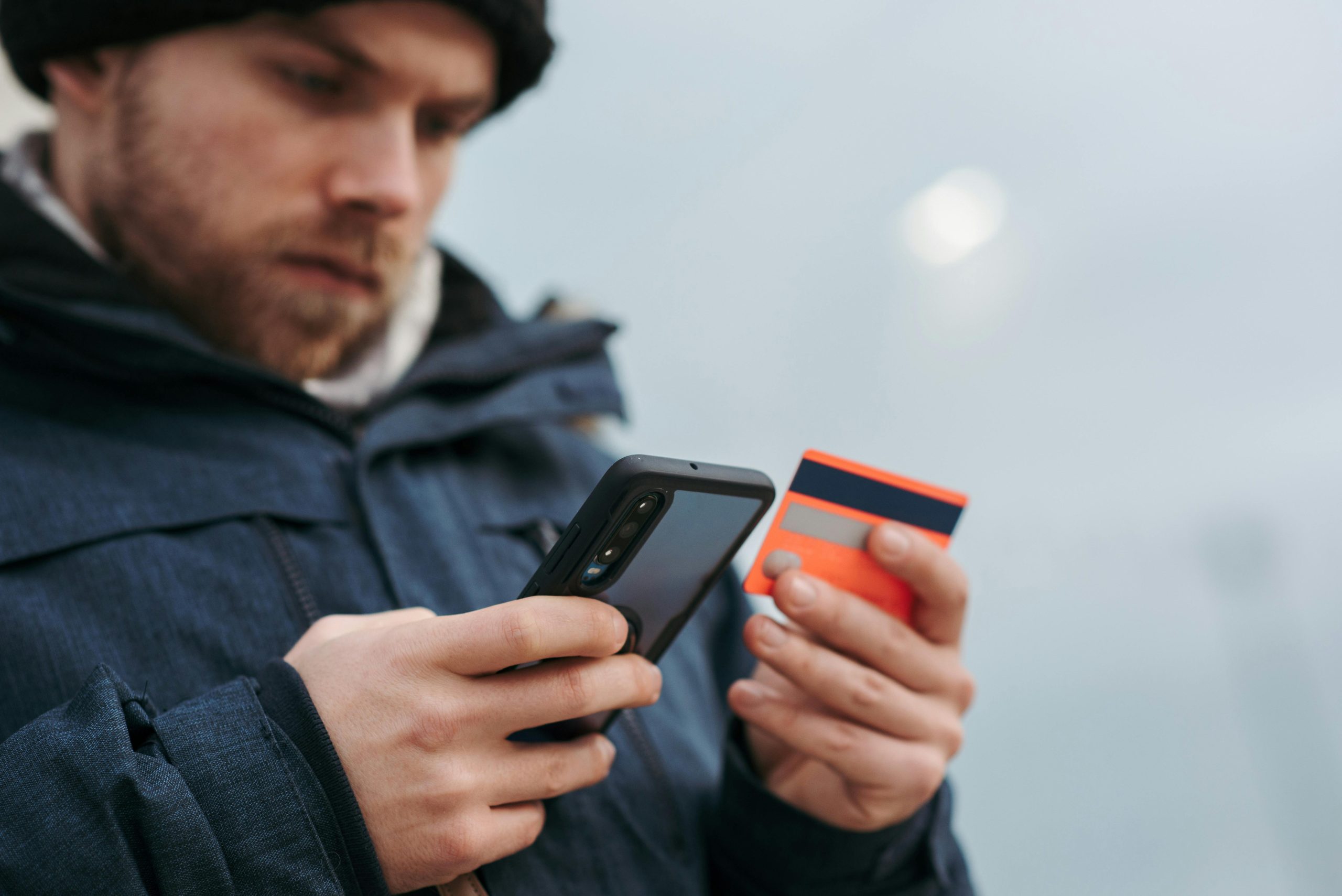Imagine this: You try to log in to an account, access your files, or claim your “lottery winnings” — and suddenly you’re told to “pay a fee to unlock”.
Sounds familiar? That’s because it’s one of the oldest tricks in the scammer’s playbook.
The moment you’re asked to pay before receiving anything, you should stop and ask yourself:
Why would I need to pay to access what’s supposedly mine?
Let’s break down why this is a red flag and what you should do instead.
💡 What Does “Pay to Unlock” Mean?
“Pay to Unlock” can take many forms, including:
- Paying a release fee for money you’ve “won”
- Paying a clearance fee for a supposed loan or inheritance
- Paying to unlock your account or device after it’s been hacked
- Paying an upfront fee before accessing a job opportunity or reward
In each of these cases, you give money before receiving anything in return — and that’s where the danger lies.
🚨 Why It’s a Red Flag
1. Real Institutions Don’t Ask for Fees Upfront
Banks, government agencies, and reputable companies don’t charge you upfront to release your own funds. If someone asks you to pay first — it’s a scam.
2. Scammers Vanish After Payment
Once they receive your money, the scammer typically disappears. You won’t get what was promised, and your chances of a refund are slim.
3. They Try to Create Urgency
“You must pay within 24 hours!”
This tactic is designed to stop you from thinking clearly. Scammers prey on panic.
4. No Proof, No Guarantee
You’ll rarely be shown valid documentation. And if you are, it’s often fake or manipulated.
🧠 Real Examples of “Pay to Unlock” Scams
- A user is told they’ve inherited $2 million — but must pay €500 to “unlock” the transfer.
- A trader’s crypto wallet is “frozen” and they’re asked for $200 to “verify” their account.
- A job applicant is offered a role but must pay $50 for “training materials” upfront.
All fake. All scams.
🛡️ What to Do If You’re Asked to Pay First
- Stop. Think. Research.
Google the request. You’ll often find others reporting the same scam. - Never send money or crypto to unknown individuals or platforms.
- Don’t share personal or banking information — even if it seems legitimate.
- Report the scam to your local authorities and to us at Fast-Recover.
- Keep all communication and receipts in case you need evidence.
🆘 Need Help?
Have you already paid a fee and suspect it was a scam?
You may still have options to recover your money.
📩 Email: info@fast-recover.com
🌐 Website: www.fast-recover.com
Fast-Recover specializes in helping victims of fraud track, report, and sometimes recover their lost funds.


